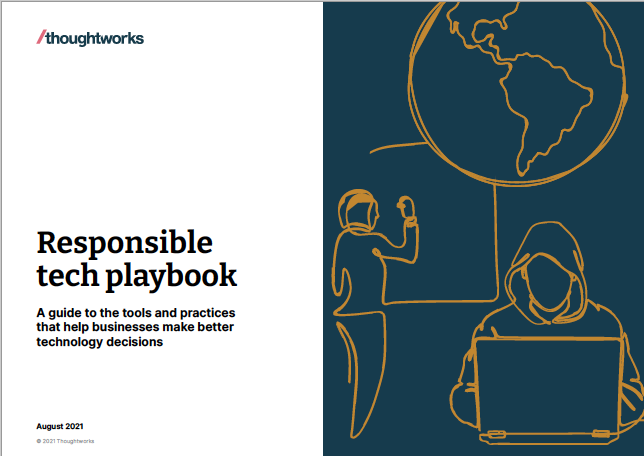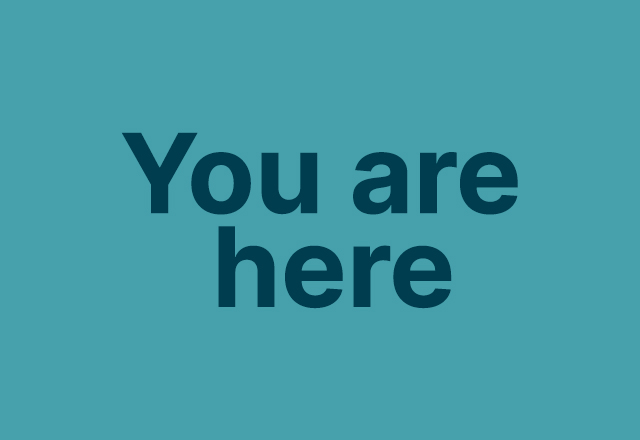Here we will examine how we are ensuring the risks and social implications of tech are adequately evaluated, and embedding the values of privacy, empathy, equity, and inclusion in tech solutions.


Principles: a conscious approach to tech-driven change
Responsible technology begins with acknowledging that technology is not inherently neutral. Tech solutions do not stand apart from society, and are not created in a vacuum. They are a result of, and often serve, the same power dynamics and priorities that are responsible for many of the inequalities and tensions that we grapple with today.
We’ve reached a point where, intentionally or not, digital technologies have grown increasingly politicized. There is rising and justifiable pressure for technologists and tech companies to be held accountable for the impacts of what they create. In our view, it means building in a deliberate way that allows for due consideration of a solution’s effects, direct and indirect, and for dialogue with a broader range of stakeholders than just technologists.
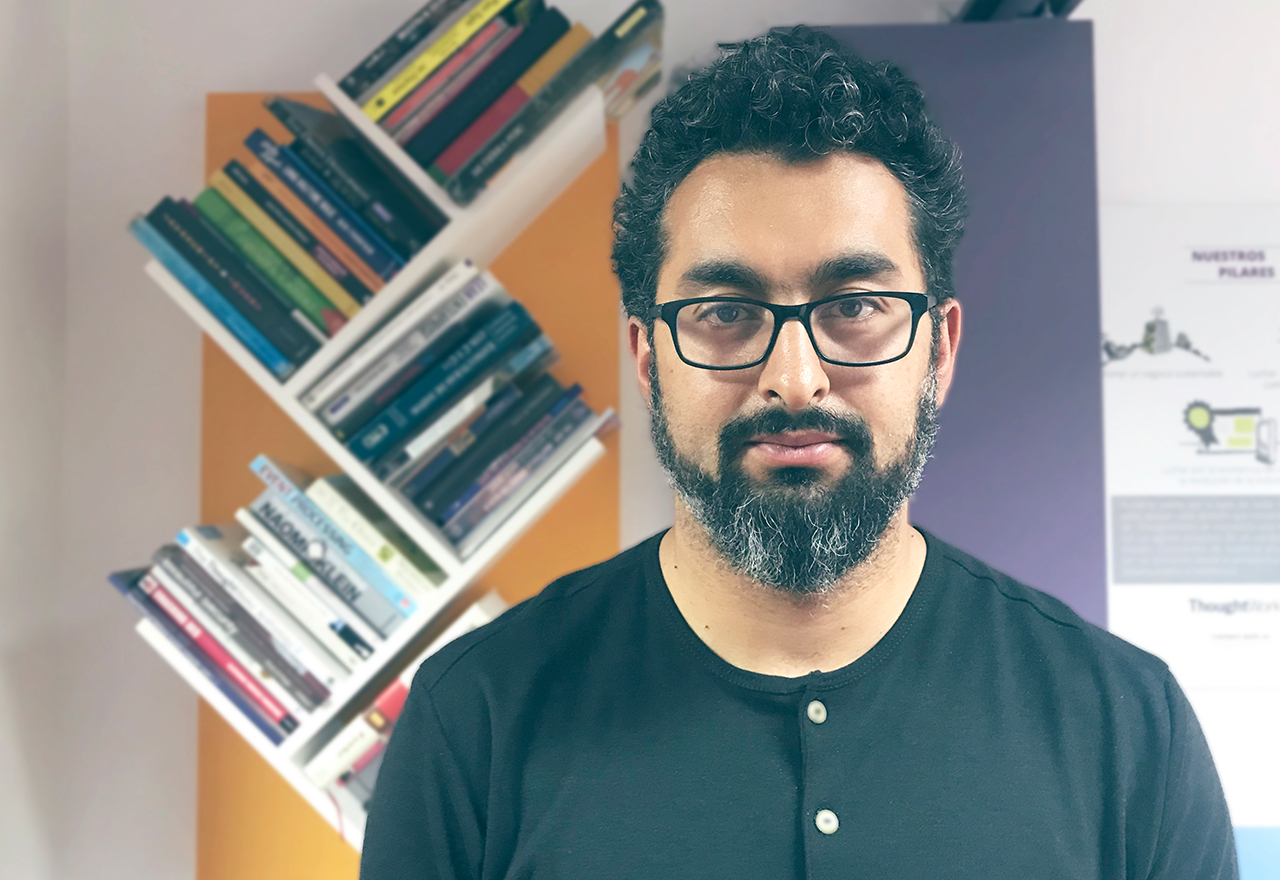
We are focused on building an equitable tech future, which means that the social system behind the construction of digital technologies needs to include voices that have historically been excluded, and to internalize the social effects of these innovations instead of seeing them as an externality.
We are focused on building an equitable tech future, which means that the social system behind the construction of digital technologies needs to include voices that have historically been excluded, and to internalize the social effects of these innovations instead of seeing them as an externality.
Building inclusive teams allows us to bring different perspectives to everything we create, and to think critically about the economic and social implications. This diversity of viewpoints is core to the ability to innovate, and create technology that underpins, rather than undermines, positive societal transformation.
Responsible technology is not only about the products and solutions companies create. It extends to how they manage and protect data and technology assets — their own, and those of their customers. We work closely with clients and partner organizations to enhance the resilience of their infrastructure against privacy and security breaches, as well as newer threats and negative implications emerging from the expanding frontiers of hostile technology. The aim is to make both security and ethics not just a response, but a discipline, evident in everything the enterprise does.
Security and ethics are embedded in the SASB materiality matrix for software and IT services, which provides us with recommendations for industry-specific standards and sustainability targets. Thoughtworks has long been focused on embedding many of these in our operations and client work, and is working towards measuring and reporting on them. Where appropriate our progress is noted in the appendix.
The commitment to technology that is responsible and equitable informs our conversations with clients, our overarching strategy and the projects we’re participating in around the world. It also ensures that with our partners we’re contributing to the UN Sustainable Development Goal (9) of creating infrastructure and innovations that are not just functional and effective, but inclusive and sustainable.

Technology is impacting us in ways that have the ability to transform our lives, both positively and negatively. As technologists, we have a responsibility to take all stakeholders, even the invisible ones, into account as we deliver technology solutions.
Technology is impacting us in ways that have the ability to transform our lives, both positively and negatively. As technologists, we have a responsibility to take all stakeholders, even the invisible ones, into account as we deliver technology solutions.


In practice
We are engaged in responsible technology projects touching on everything from data privacy to exploring tech’s shared boundaries with art, and from AI bias to examining the rising influence of hostile technology. The following examples have been selected to showcase some of that breadth.
Raising awareness of, and reinforcing, digital rights
Efforts to target or manipulate individuals based on their personal data are growing more pervasive. It is imperative to boost public access to the tools, skills and resources that ensure this data is not accessed or used without knowledge or consent. Australia is a market where we have been particularly active on this front because the privacy regime is undergoing significant changes that could have negative security and social consequences.
We’re in dialogue with policymakers to push for improvements to privacy and data protection legislation and call out possible steps backwards. We also work with civil society organizations like Digital Rights Watch to build awareness and capabilities at the grassroots level.
For example, Thoughtworkers have staged workshops showing journalists how to enhance the security of their digital devices. This is all undertaken with the view that rights can only be protected when they are actively fought for based on shared understanding and solidarity. As using data in a safe and respectful manner is seen as an increasingly essential part of any enterprise’s social contract, digital rights have also become a priority in our work with clients. At Queensland University of Technology, we worked with researchers on defining how smart cities can use citizens’ data in a rights-led manner.
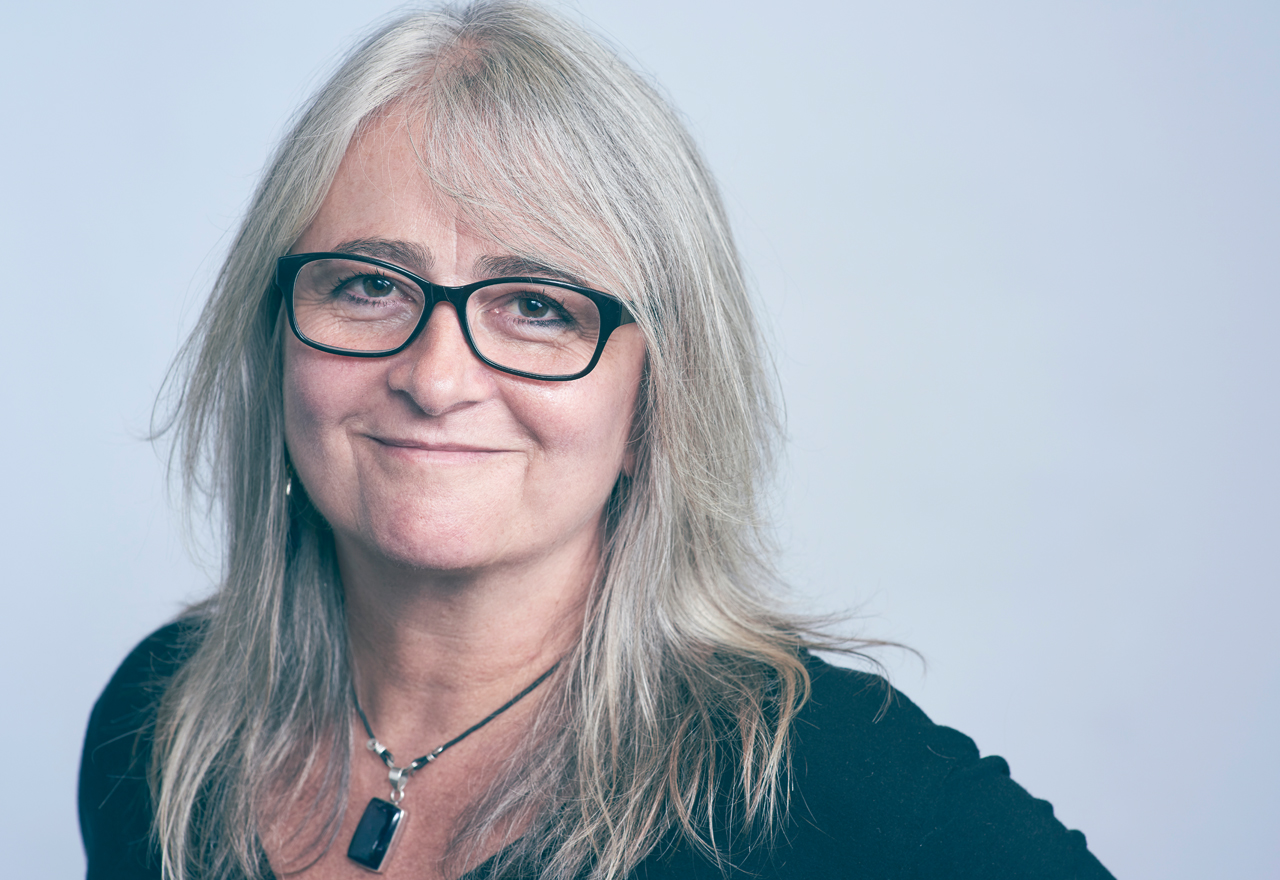
Too often technology doesn’t serve people. That’s not right for industry and humanity — but it could be. We’re trying to capture imaginations with ideas on how to use less data, by promoting the concept of data austerity, of collecting only what you need, not whatever you can.
Too often technology doesn’t serve people. That’s not right for industry and humanity — but it could be. We’re trying to capture imaginations with ideas on how to use less data, by promoting the concept of data austerity, of collecting only what you need, not whatever you can.
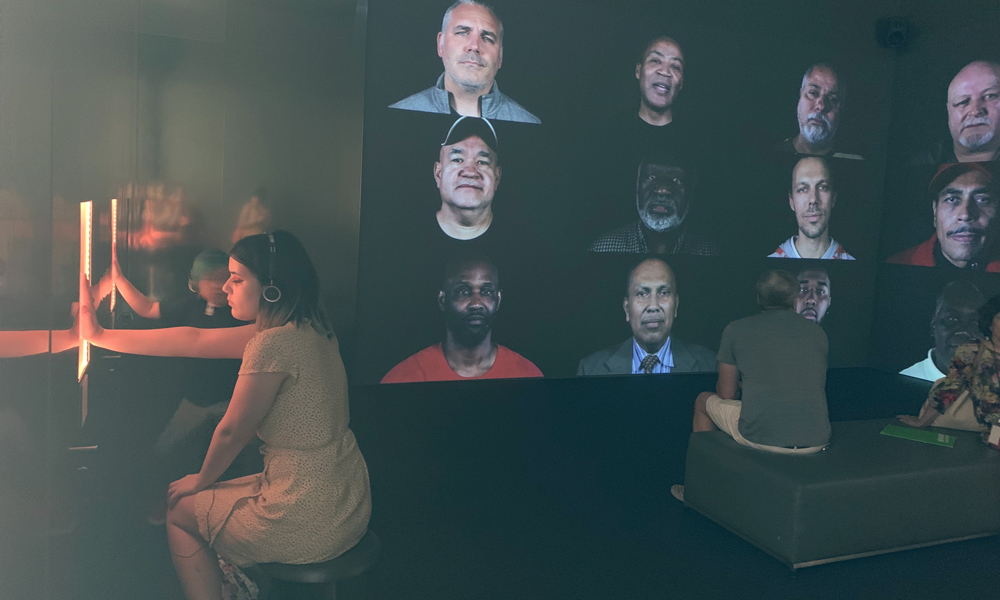
Thoughtworks Arts: exploring technology's impacts
Technology impacts society in myriad complex ways, though its direction is often set by a small subset of that society in the tech sector. It is essential to facilitate dialog across society’s sectors, and to enable provocative, far-reaching research into emerging technologies.
Thoughtworks Arts is a global research lab incubating collaborations between artists, technologists and issue and domain experts. These projects investigate varied technologies, and are directed by artists investigating across traditional boundaries, forming new connections, and creating artworks which point to alternative visions of the future. From these projects new light is shone onto impacts of emerging technologies on industry, culture and society.
Dancer and choreographer Catie Cuan danced with a 16-foot industrial robot as part of an investigation into human and mechanical movement and perceptions of automation and robotics, a project featured in the New York Times (1). In “Dancedemic,” a remote collaboration, used biometric devices to help immigrants express their experiences of conflict and isolation. In the Baltan Labs masterclass, participants researched the practical application of ‘deepfakes’ in creative contexts as part of algorithmic storytelling and an analysis of trust in digital media. In “A Father’s Lullaby”, artist Rashin Fahandej used volumetric filmmaking techniques to help formerly incarcerated people share stories of separation from their families.
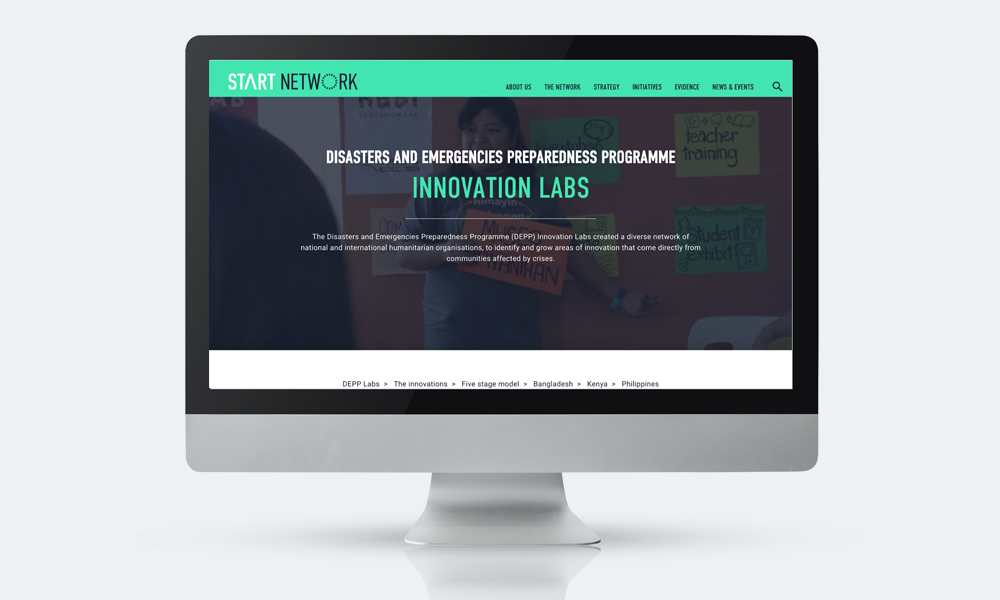
Innovation in service: Start Networks' DEPP Labs
Innovation is often seen as the exclusive domain of technologists and designed to serve commercial outcomes. Yet in societies confronting disproportionate climate and health-related risks, the most pressing need for innovation is in building capacity to cope with disasters, and it is local communities that are best equipped to spearhead meaningful change.
The Disasters and Emergencies Preparedness Programme (DEPP) Innovation Labs, managed by the Start Network and CDAC Network, are designed to bring together people of different backgrounds — from community representatives to NGOs, doctors, designers and engineers — to create new resources for disaster-prone countries. They adopt a similar approach to venture incubators by zeroing in on the most severe challenges and collaborating to pilot solutions, with only the most viable selected for funding.
During our work on DEPP we adapted a number of key tools for the use of Labs in Bangladesh, the Philippines, Kenya and Jordan that helped participants to measure progress versus objectives and put the best innovations on the path to scale and sustainability. The way in which these tools have been modified and successfully localized to develop outcomes such as low-cost medicine banks and drought resistant food sources underlines how solutions emerging within communities themselves do the most to enhance societal resilience.
The responsible tech playbook
Technology is becoming more ingrained in social structures, and penetrating more complex and consequential areas of society, such as healthcare and the judicial system. This has prompted many organizations to consider the ethical implications of their tech practices. But as responsible tech is a relatively new field, many enterprises may not be clear on where they can start, or what principles to follow.
A number of promising frameworks, methodologies and frameworks have been developed with the common aim of helping organizations evaluate, model and mitigate the impacts and risks of their products and solutions. We have captured some of the best examples in the responsible tech playbook, which presents and explains these concepts to help organizations choose the right options for their situation and get started.
The playbook provides a foundation for a considered approach to development that mitigates the risks and negative societal effects of technology, and builds enterprise value for the long term. It will continue to evolve as a reference for the technology community for years to come as we continue to advocate for more ethical standards for our industry. Our goal is to implement these practices in a more structured way into every engagement we’re involved in. We see this as an area to push ourselves to grow, and ask harder and harder questions, as technology becomes more prevalent.

















